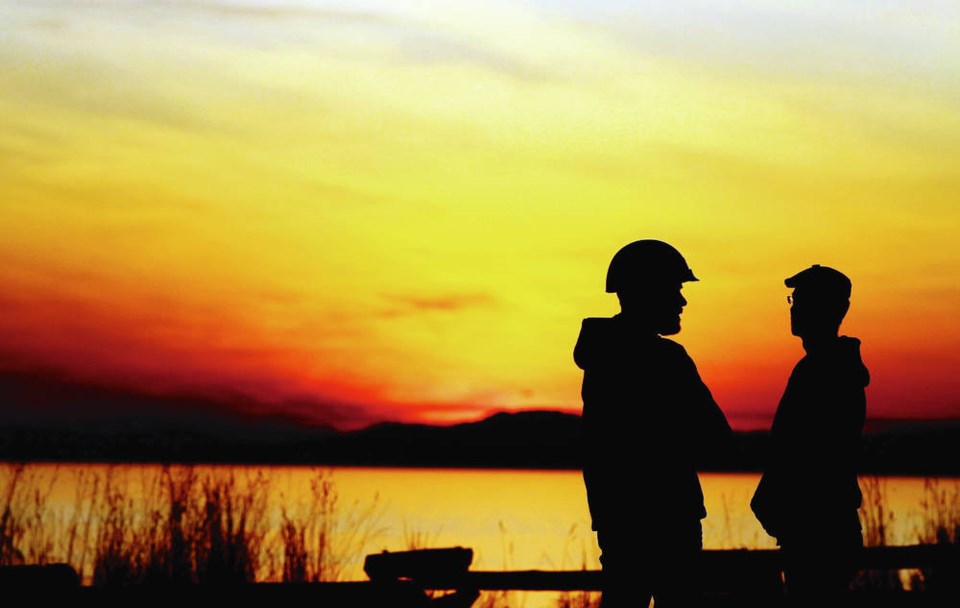Bias, stereotypes, and racism have been big topics over this past year. There have been movements and news events that turned the attention to these tough topics, which ultimately led to even tougher conversations.
Often when people start talking about bias, racism and stereotypes, it comes from providing an example of what someone has done, and it’s almost always shared in a negative connotation.
It’s easier to point out things that we find upsetting or view as wrong than to address things we are appreciative of. As people, we can easily get sucked into conversations about others’ behaviour that we feel is inferior to ours.
When conversations about bias, stereotypes and racism begin with fingerpointing, people are less likely to engage on a meaningful level. Not because they don’t want to solve these issues, but because they are worried about being shamed.
We are living in a time of cancel culture. Cancel culture has done a lot in some movements to shed light on injustices and to educate and enlighten people on rethinking what is appropriate.
Cancel culture also causes people to retreat from participating in learning opportunities. People don’t want to say the wrong thing or make a mistake for fear of being cancelled and labelled.
We all have personal bias and we are all affected by stereotypes. No matter how open-minded and accepting we think we are, no one is immune, and no one is perfect.
If we want to have honest conversations, we need to first be honest with ourselves. If we want to share examples, we should be pointing fingers at ourselves. Sharing times when we have been faced with our bias can make people more comfortable to share their own stories or to look within themselves.
I received a lot of emails from readers about my column last week. Every message I received was positive and I am grateful to everyone who wrote me.
If you missed it, last week I wrote about a young man at Beecher Bay First Nation who taught me a valuable lesson about my own personal bias.
Theoren Charles is non-verbal and was the only person around when I needed help. Without saying a word, he helped me and answered all my questions.
It was an experience that has stuck with me, and one that I wanted to share to highlight personal bias and how it can be subtle or we may not be aware that is there.
I was nervous to share the story, because I know that sometimes when we admit to having a bias it can lead to criticism.
But, from the wonderfully supportive emails I received, I know that sharing my experience made people feel safe to connect with my story.
When we share our own stories, we make ourselves vulnerable and when we are vulnerable people can relate and connect with us.
I encourage you to look at pivotal moments in your life when someone has changed your view or opinion on something and then share that story with others.
We aren’t going to change with the world by pointing out flaws in others. We will change the world by pointing out our own flaws and sharing how we have grown because of them.
Charla Huber is the director of communications and Indigenous relations for M’akola Housing Society.



